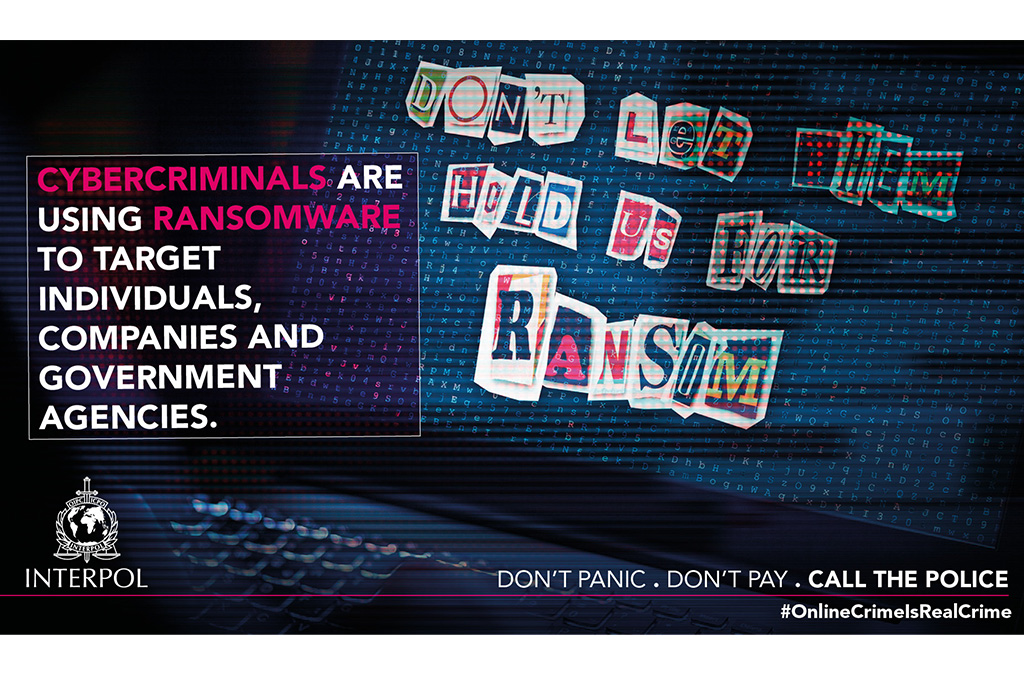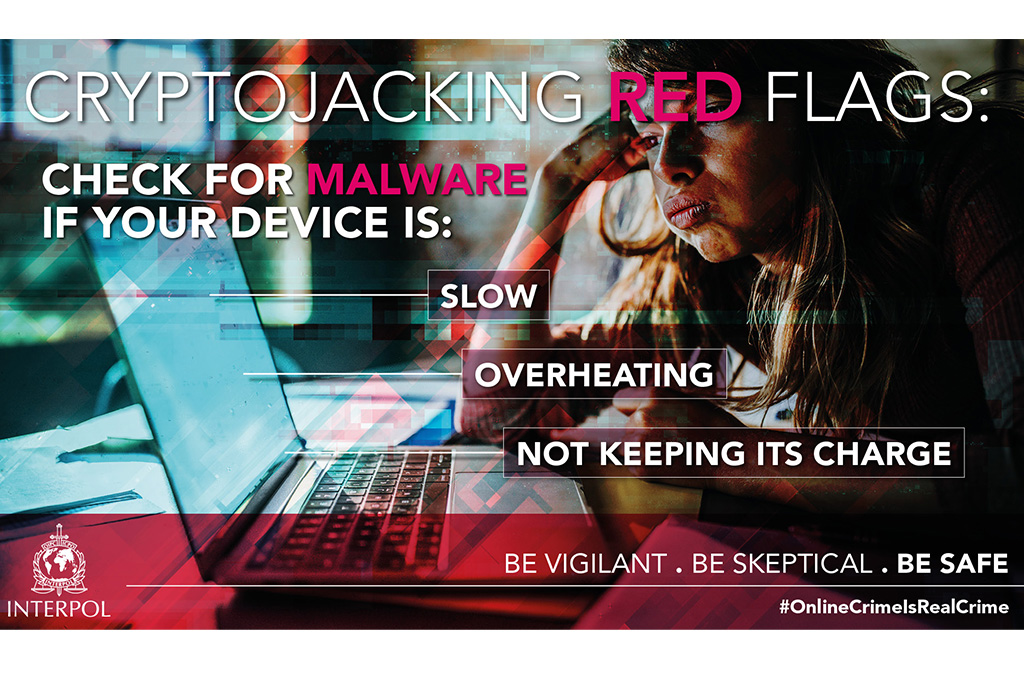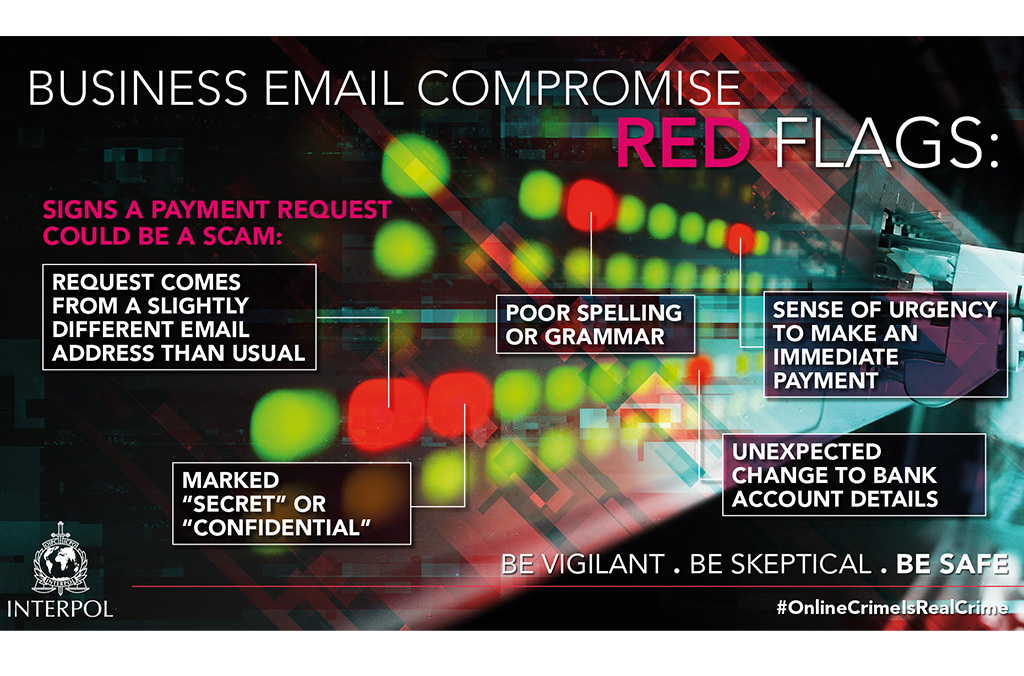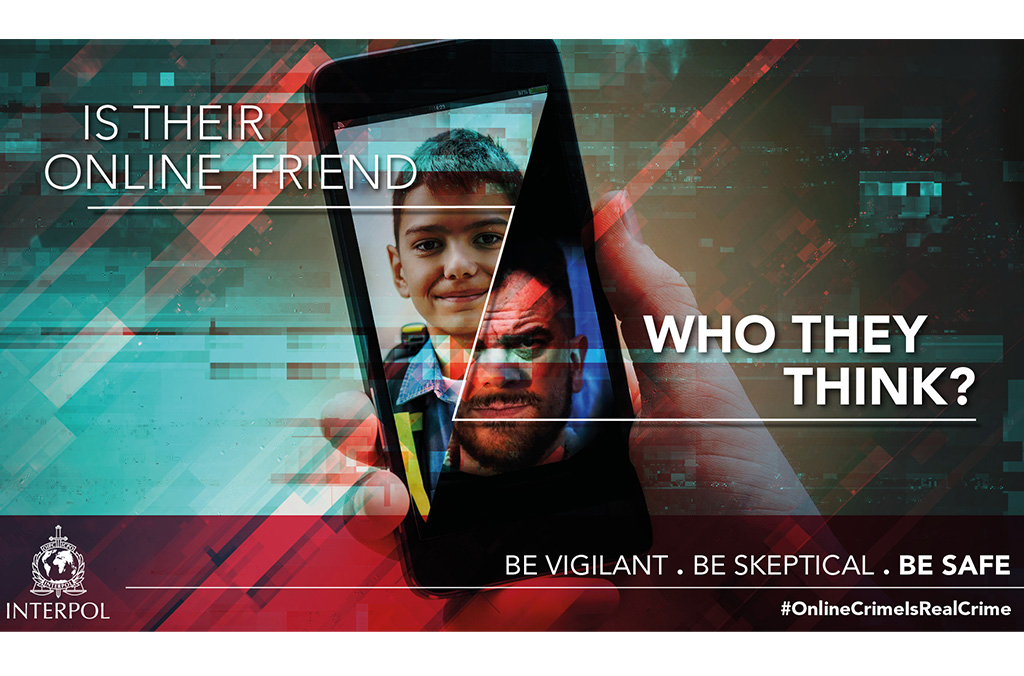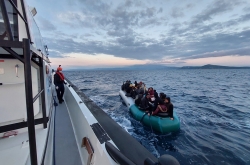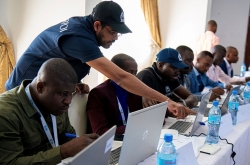Date of update: January 2021
INTERPOL Cybercrime Capacity Building Project in the Americas, Phase II
Timeframe: April 2018 to March 2021
Donor: Global Affairs Canada
Project summary
Cybercrime is one of the fastest growing forms of transnational crime faced by INTERPOL’s member countries. While rapid growth in Internet and computer technology has enabled economic and social growth, an increasing reliance on the Internet has created more risks and vulnerabilities, and opened new possibilities for criminal activity. Cyber threats are constantly evolving in order to take advantage of online behaviour and trends, and the COVID-19 pandemic has not been an exception to the exploitation of vulnerabilities by opportunistic cybercriminals.
Phase II enhances the capacity of 35 countries in Latin America and the Caribbean to tackle cybercrime. The project combines assessment, mentoring and training activities with operations and public awareness efforts, to prevent, detect, and investigate cybercrime in a comprehensive manner.
This Project builds on the achievements of Phase I, completed between 2015 and 2017, which conducted assessments to understand the levels of preparedness of beneficiary countries to combat cybercrime, and started addressing disparities through the delivery of trainings, donation of equipment and software licenses, and coordination of a regional operation.
Project activities
- Missions to selected countries with emerging capacity and/or recently established cybercrime units, to assess and monitor capability levels and help target initiatives effectively;
- Regional mentoring programmes, where law enforcement officers from beneficiary countries with emerging cybercrime capabilities spent time working alongside colleagues in a country with well-established capabilities, learning from their experience and gaining the ability to implement relevant best practices in their home country;
- Training courses on a range of areas, including INTERPOL policing capabilities, digital forensics, open-source intelligence, cryptocurrencies and dark web investigations, as well as the human rights and gender dimensions of cybercrime;
- E-evidence boot camp: an eight-week interactive online course on the basics of digital forensics and using digital evidence in prosecutions;
- Cybercrime operations to enhance regional cooperation on cybercrime investigations, including cases of illegal crypto-jacking activities, compromised credit card information and online child sexual exploitation; and
- Public awareness campaign to improve digital hygiene.
#OnlineCrimeIsRealCrime
A public awareness campaign in October and November 2020 promoted the message that online crime is just as serious as any other type of crime.
Videos and infographics published via social media explained six key threats and gave tips on how to reduce the risk of becoming a victim.
View the #OnlineCrimeIsRealCrime playlist on YouTube for videos on:
- Phishing;
- Ransomware;
- Sextortion;
- Cryptojacking;
- Business email compromise fraud;
- Online crimes against children.
Countries involved
Antigua and Barbuda, Aruba, Argentina, Bahamas, Barbados, Belize, Bolivia, Brazil, Chile, Colombia, Costa Rica, Cuba, Curaçao, Dominica, Dominican Republic, Ecuador, El Salvador, Grenada, Guatemala, Guyana, Haiti, Honduras, Jamaica, Mexico, Nicaragua, Panama, Paraguay, Peru, Saint Kitts and Nevis, Saint Lucia, Saint Vincent and the Grenadines, Sint Maarten, Suriname, Trinidad and Tobago, and Uruguay.







